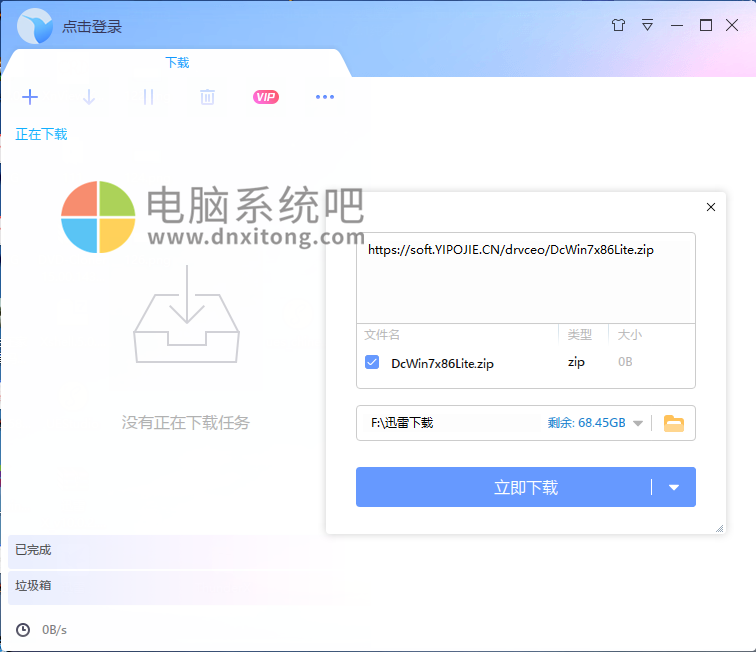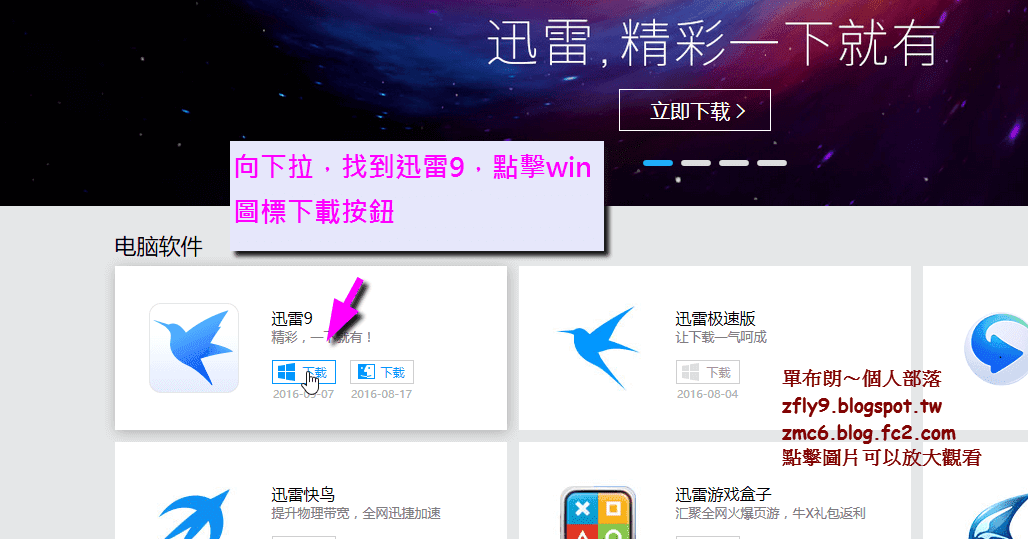

#XUNLEI THUNDER 7.9 PLUS#
Zoho Remote Access Plus Server Windows Desktop Binary fixed in. A crafted HTTP request could induce a format string vulnerability in the privileged vaultServer application. Jenkins Squash TM Publisher (Squash4Jenkins) Plugin 1.0.0 and earlier implements an agent-to-controller message that does not implement any validation of its input, allowing attackers able to control agent processes to replace arbitrary files on the Jenkins controller file system with an attacker-controlled JSON string.Īn issue was discovered in Kaseya Unitrends Backup Appliance before 10.5.5. Because they call CStr::from_ptr on a pointer to the string buffer, the string is terminated at the first '\0' byte, which might not be the end of the string. Methods of NSString for conversion to a string may return a partial result. Security-relevant validation of filename extensions is plausibly affected. In both of these cases, a value can be crafted such that it can insert a `script` tag into the page and execute malicious code.Īn issue was discovered in the fruity crate through 0.2.0 for Rust. In affected versions there are two vectors for XSS attacks: a URL for a custom emoji, and an i18n string.
#XUNLEI THUNDER 7.9 UPGRADE#
Regardless of whether users can upgrade or not, they should review any untrustred `Gemfile`'s before running any `bundler` commands that may read them, since they can contain arbitrary ruby is a Vanilla JavaScript emoji picker component. Bundler 2.2.33 has patched this problem by inserting `-` as an argument before any positional arguments to those Git commands that were affected by this issue. However, the exploitability is very low, because it requires a lot of user interaction.
#XUNLEI THUNDER 7.9 CODE#
This vulnerability can lead to Arbitrary Code Execution, which could potentially lead to the takeover of the system. Then this directory needs to be shared with the victim, who then needs to run a command that evaluates the Gemfile, such as `bundle lock`, inside. This URL will be used to construct a Git clone command but will be interpreted as the upload-pack argument. This dependency has to have a Git URL in the form of `-u./payload`. To exploit this vulnerability, an attacker has to craft a directory containing a `Gemfile` file that declares a dependency that is located in a Git repository. Since this value comes from the `Gemfile` file, it can contain any character, including a leading dash. This can lead to Code Execution because some of the commands have options that can be leveraged to run arbitrary executables. However, there is the possibility that a user input starts with a dash (`-`) and is therefore treated as an optional argument instead of a positional one. When building the commands, Bundler versions before 2.2.33 correctly avoid Command Injection vulnerabilities by passing an array of arguments instead of a command string. These commands are being constructed using user input (e.g. To handle dependencies that come from a Git repository instead of a registry, Bundler uses various commands, such as `git clone`. However, if the `Gemfile` includes `gem` entries that use the `git` option with invalid, but seemingly harmless, values with a leading dash, this can be false. In `bundler` versions before 2.2.33, when working with untrusted and apparently harmless `Gemfile`'s, it is not expected that they lead to execution of external code, unless that's explicit in the ruby code inside the `Gemfile` itself. `Bundler` is a package for managing application dependencies in Ruby. If you are unable to, you may disable Saved Searches and Code Monitors. We strongly encourage upgrading to secure versions.

This issue was patched in version 3.33.2 and any future versions of Sourcegraph. This could allow an attacker to guess formatted tokens in source code, such as API keys. A successful attack would require an authenticated bad actor to create many Saved Searches or Code Monitors to receive confirmation that a specific string exists. This issue affects the Saved Searches and Code Monitoring features. Sourcegraph prior to version 3.33.2 is vulnerable to a side-channel attack where strings in private source code could be guessed by an authenticated but unauthorized actor. Sourcegraph is a code search and navigation engine. This allows an attacker to enumerate valid users. When an attacker attempts to login, the response if a username is valid includes Login Failed, but does not include this string if the username is invalid. This issue was fixed in Log4j 2.17.0 and 2.12.3.Īn issue was discovered in /goform/login_process in Reprise RLM 14.2. This allows an attacker with control over Thread Context Map data to cause a denial of service when a crafted string is interpreted.


Apache Log4j2 versions 2.0-alpha1 through 2.16.0 (excluding 2.12.3) did not protect from uncontrolled recursion from self-referential lookups.


 0 kommentar(er)
0 kommentar(er)
